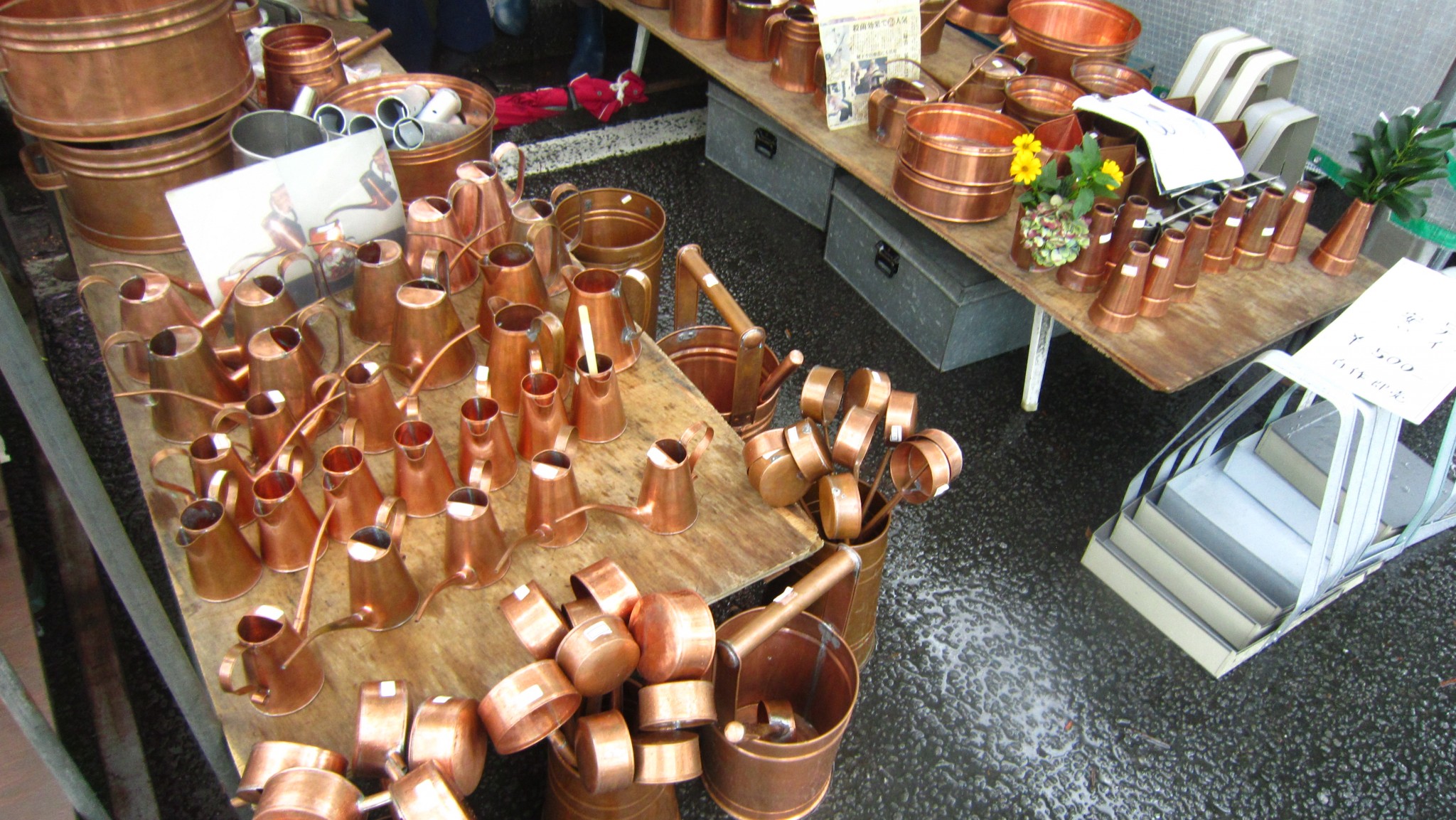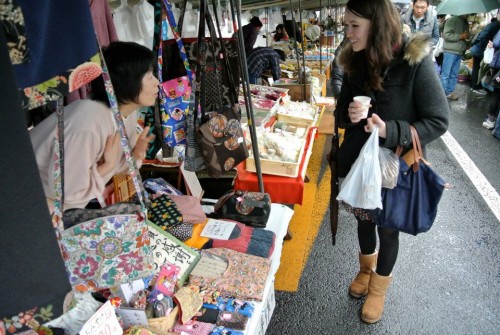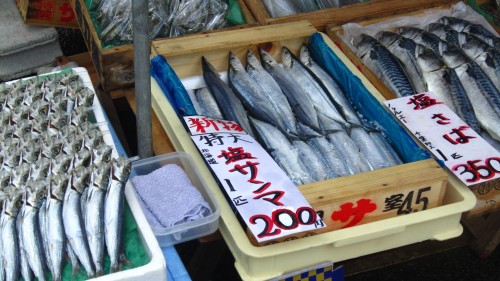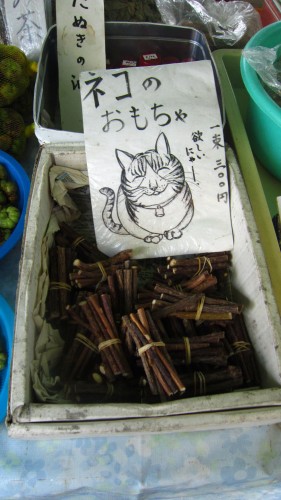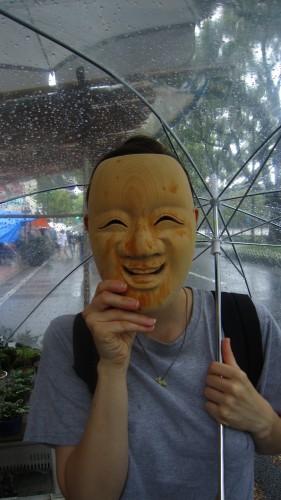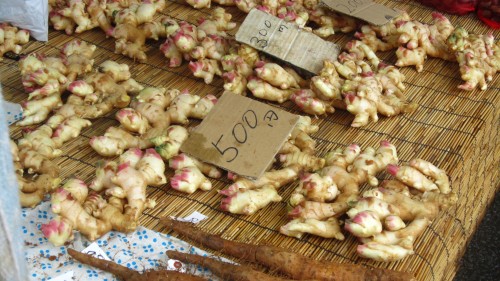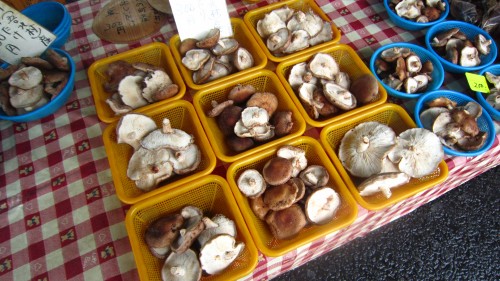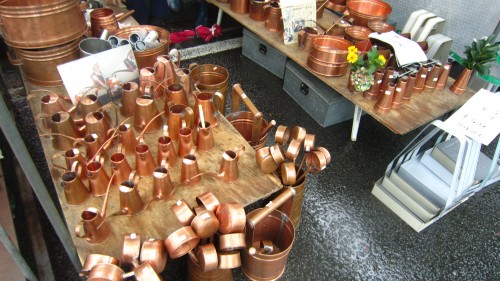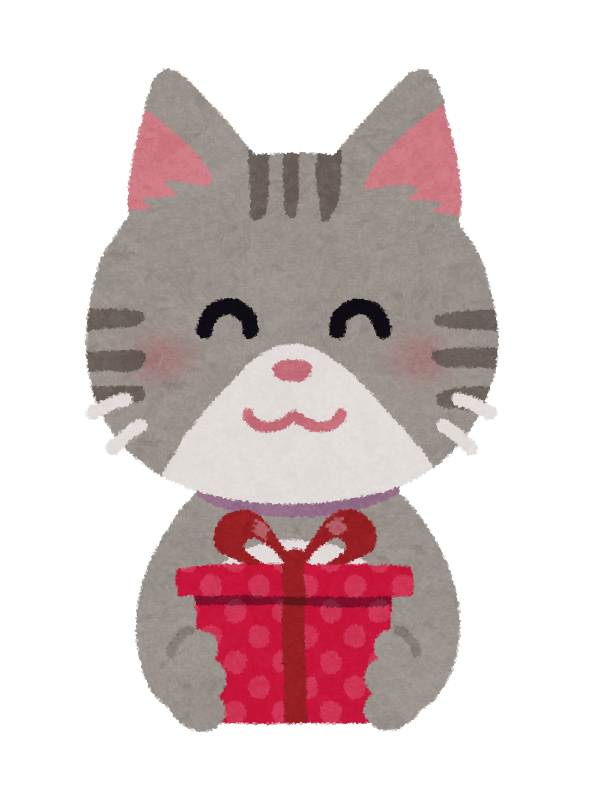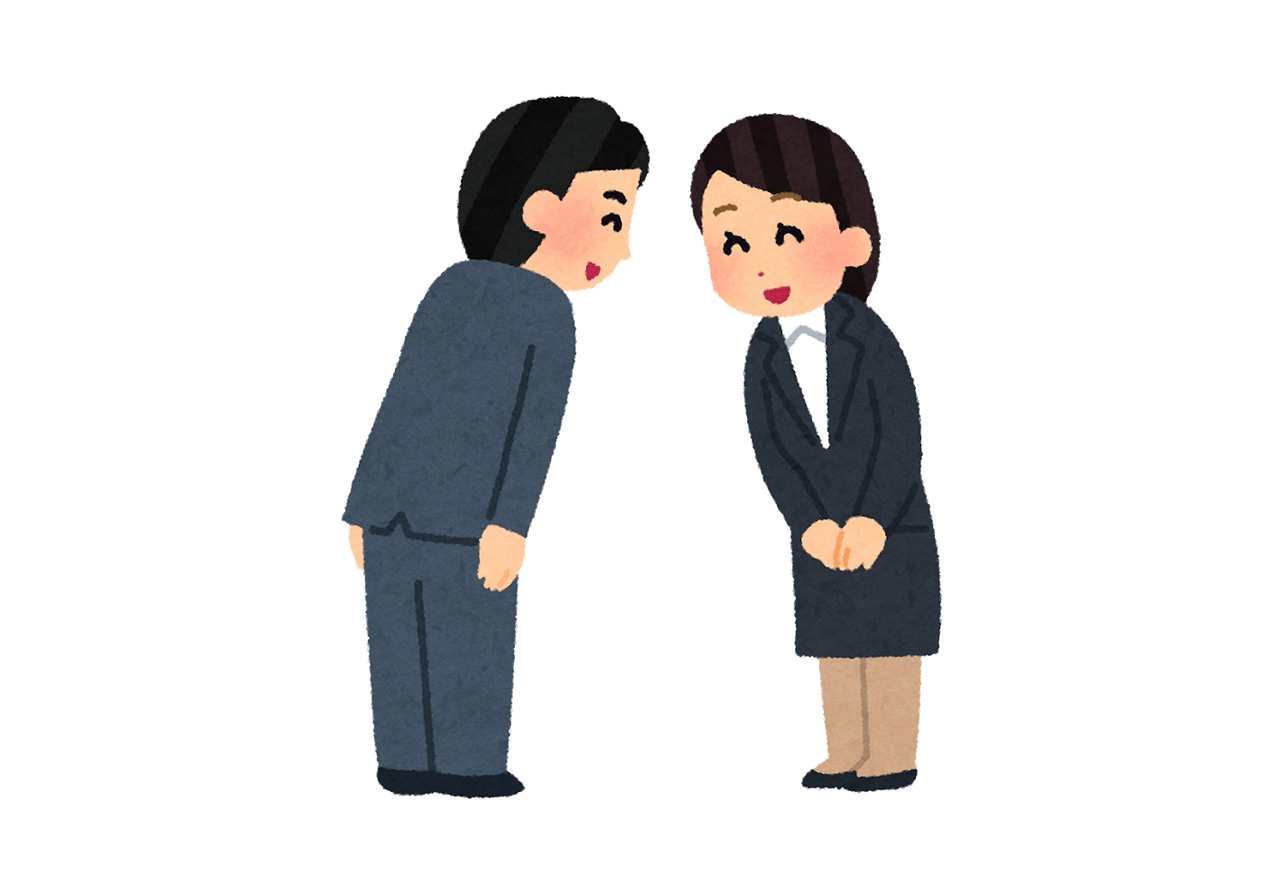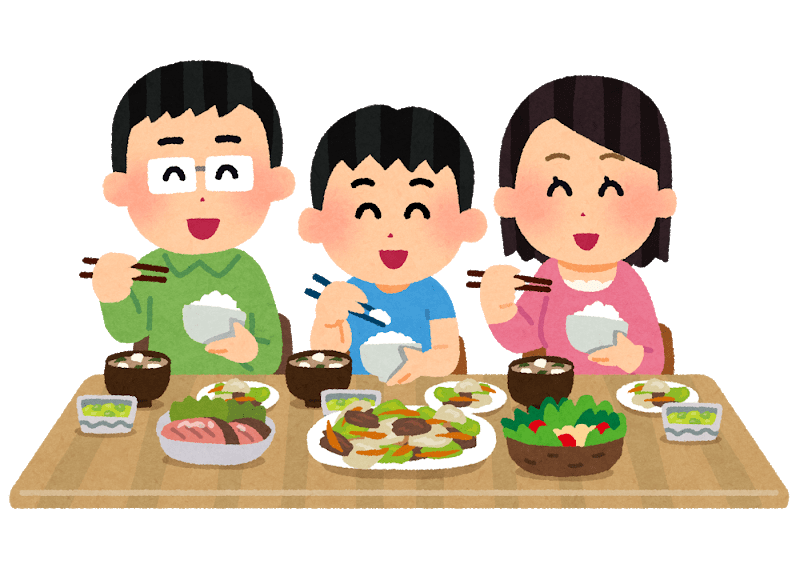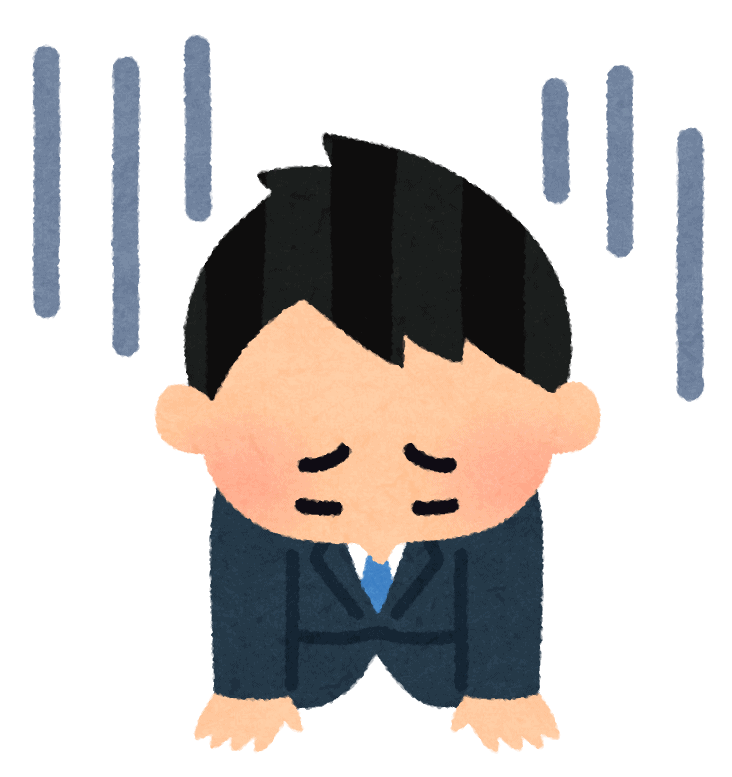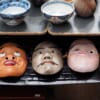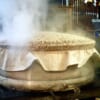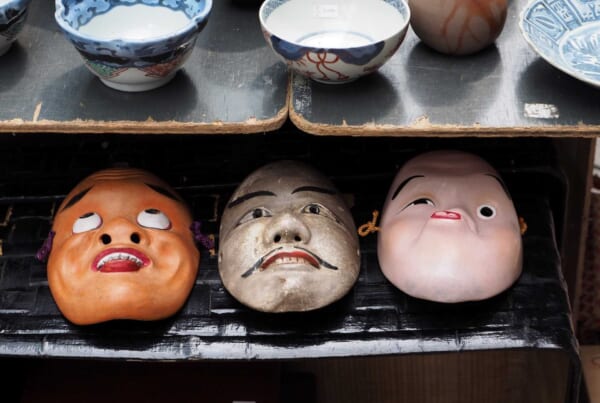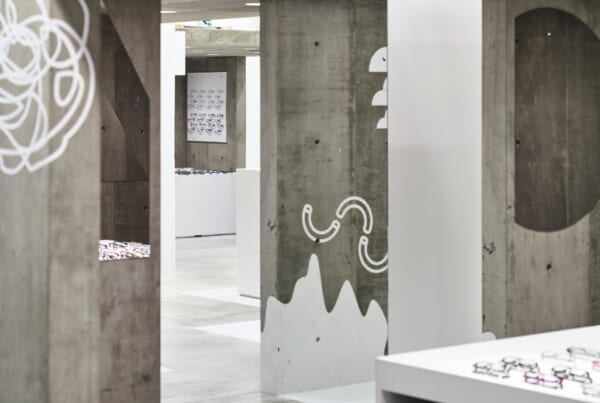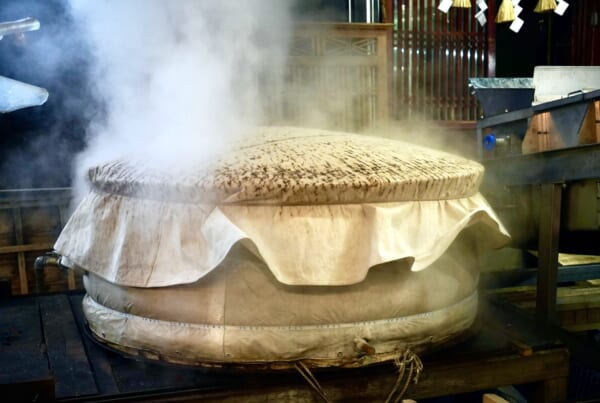My first time at Kochi Sunday market was on a drizzly morning around New Year’s. As I had one Sunday in Kochi, this was my only chance to catch the famous Nichiyouichi Sunday market and meander down Otesujidori before visiting Kochi Castle at the other end. Standing at the market entrance, feet soaked through and numb fingers battling to hold my umbrella, I remembered my warm futon at the hotel, tempting me back to its embrace.
A friendly farmer invited me to try a slice of freshly ripened yuzu. There was no backing out now. Slightly hesitant, I picked up the yellow citrus fruit and bit off a tiny sliver. A tingling burst of zest and sourness hit my tastebuds like fireworks. “Oishii!” I felt like those presenters on Japanese TV tasting local delicacies and exclaiming “Oishii!” with every bite. But it was completely genuine! I smiled at the farmer and exchanged a few coins for a bundle of ripe yuzu. Armed with my umbrella, I set off.
According to locals, Kochi Sunday market has been running every week for more than 300 years. Up to 500 local farmers, artisans, and market sellers line the long main street with their fresh produce and handmade crafts. An average Sunday with better weather might attract crowds of 15,000 throughout the day until around 5 p.m. As I skip between islands of tarp shelter, I’m amazed by the sheer variety of fruits and vegetables. Kochi, on the southern coast of the southern island of Shikoku, has a perfect climate for agriculture with lots of sun and generous helpings of rain. This produces some of the juiciest crops of greens and citrus fruits, as well as the Kochi specialty, small, sweet tomatoes.
My friend, a Kochi native, recommended I try imoten. Even without this hint, it was clear from the queue that this sweet treat might be Kochi’s best-kept secret. Hot, soft, and fluffy bite-sized sweet-potato pieces covered in a crunchy tempura batter ? Let’s just say about 10 disappeared within as many minutes, 20 more through the course of the morning. I regret nothing.
Food isn’t the only thing available at the market. There is also an abundance of hand-crafted goods and artifacts available for the eagle-eyed souvenir hunter. There are handmade slippers, copper gardening tools, even a wooden frog which chirps as you stroke its back. I fell in love with one maker’s ceramics and purchased far more mugs and cups than is necessary for one person.
Adequately weighed down with straw slippers, wooden frogs, potted goods, and yuzu, I was desperate to escape the cold and rain for some rest and refreshment. Luckily, the indoor market was just around the corner, a perfect spot to rest wet and weary feet. For fuel, what better than a beer to go with Kochi’s famous fresh fish dish, katsuo no tataki? Boshi-pan for dessert ended what I considered a morning well spent. Beneath the heavy downpour, my spirits were lifted by the smiles of the farmers and local artisans who set up stall every Sunday to share their goods with the passersby. Eventually the sun was coaxed out from its slumber, much to the delight of everyone, including me, wet feet and all.
[cft format=0]

